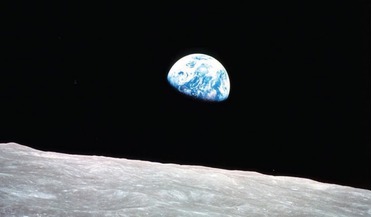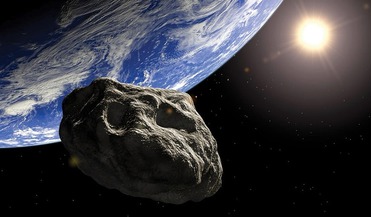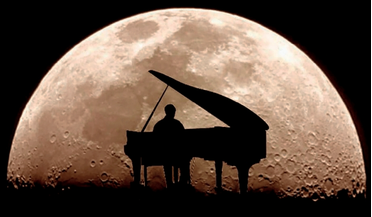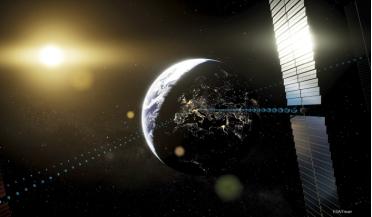 29 December 2021
China complains to UN after space station endures 'close encounters' with Starlink satellites
29 December 2021
China complains to UN after space station endures 'close encounters' with Starlink satellites
...-General of the United Nations of any phenomena they discover in outer space, including the Moon and other celestial bodies, which could constitute a danger to the life or health of astronauts”. In accordance with the above-mentioned article, China...
 July 2014
The peaceful use of space
July 2014
The peaceful use of space
... Governing the Activities of States in the Exploration and Use of Outer Space, including the Moon and Other Celestial Bodies, conventionally known as the Outer Space Treaty. The Treaty, adopted in 1967 by broad consensus in the UN General Assembly...
 March 2016
Building Confidence and Reducing Risk in Space Resources Policy
March 2016
Building Confidence and Reducing Risk in Space Resources Policy
..., in part, that ‘the activities of non-governmental entities in outer space, including the Moon and other celestial bodies, shall require authorisation and continuing supervision by the appropriate State Party to the Treaty’. States typically respond...
 November 2019
Space for Art – Reflections on the Moon
November 2019
Space for Art – Reflections on the Moon
... Kubrick. To the composer Amanda Lee Falkenberg, space represents hope, a place of infinite possibility that envelops these celestial bodies: “This limitless, boundless, depth of space is the black ocean that suspends our skies. Its silent cosmic...
 October 2021
A US space strategy for 2050: shaping a domain on the cusp
October 2021
A US space strategy for 2050: shaping a domain on the cusp
... Outer Space Treaty has become obsolete. The treaty bans weapons of mass destruction, prevents military activity on celestial bodies, and charts peaceful uses for space. However, the language is overly ambiguous, stale, and naively assumes...
 April 2024
The promise of solar energy for sustainable development and space exploration
April 2024
The promise of solar energy for sustainable development and space exploration
..., which are weather-dependent. The technology might also be useful for future lunar activities and on other celestial bodies. In January 2023, the Caltech Space Solar Power Project used the Transporter-6 mission to launch a prototype - the...